Premium Only Content
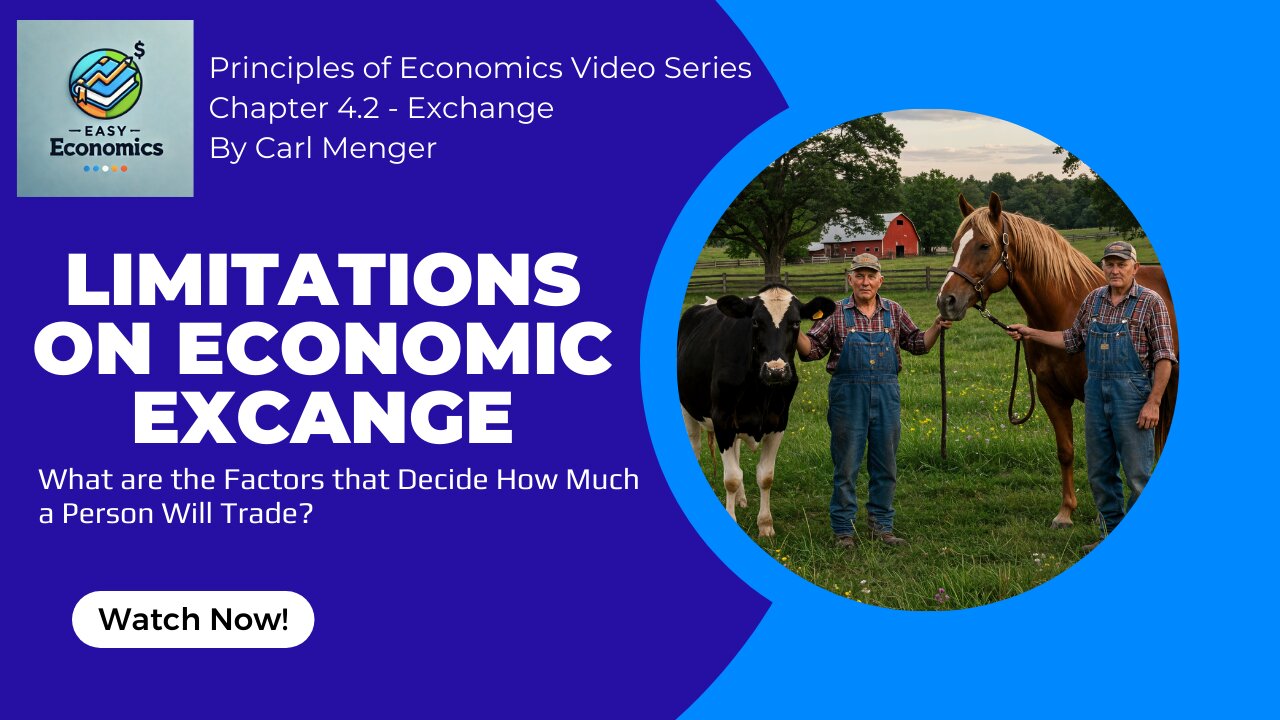
Principles of Economics by Carl Menger Chapter 4.2 - The Limits of Economic Exchange
You want to read the book? Get it here: https://amzn.to/4cCPIQs
Watch the next video in this series: https://rumble.com/v6u10z1-principles-of-economics-by-carl-menger-chapter-5.0-the-theory-of-price.html
Watch the video series from the start: https://rumble.com/playlists/I48mBTB4w2c
Watch our video about Carl Menger: https://rumble.com/v61z0l2-carl-menger-the-father-of-austrian-economics-and-subjective-value.html
When does trade stop being beneficial? In this video, we break down Carl Menger’s insights from Principles of Economics, Chapter 4.2: The Limits of Economic Exchange.
Trade might seem like a win-win at first—and it often is. But Menger shows there’s always a natural limit to how much two parties can trade before it stops improving their well-being. This isn’t just about having more or less stuff. It’s about value—specifically, how much each good is worth to each person based on their needs and what they already own.
Using clear examples like settlers trading cows for horses, Menger shows how the value of each additional unit of a good decreases. The first few trades are the most profitable, but as people keep trading, they eventually reach a point where they’re giving up something more valuable than what they’re getting. Go past that point, and both sides lose.
The same principle applies to international trade. Early trades between countries offer big gains. Later, they slow down unless new goods or conditions change the equation. That’s why investment in roads, information, and systems is essential—it helps unlock new opportunities.
Menger also reminds us: trade isn’t free. There are always costs—transport, risk, packaging, commissions—and they matter. These costs set limits too. But they also explain how traders earn their place in the economy. They don’t produce goods, but they help meet human needs—and that makes them productive.
❓ Questions This Video Answers:
-When does trade stop being beneficial?
-What is the natural limit of economic exchange?
-Why are the first trades usually the most valuable?
-How does marginal utility affect trade decisions?
-Can you keep trading forever and still benefit?
-What role do costs like transport and taxes play in trade?
-Why does international trade slow down over time?
-How do traders contribute to economic productivity?
-Why do people stop trading even if they have more goods?
-How do new conditions revive trade opportunities?
00:00 - Introduction to The Limits of Economic Exchange
00:13 - The Point of Highest Benefit of Trade
00:49 - The Case of Two Trading Settlers
01:15 - The Limit Where Trade Stops Being Beneficial
01:40 - Two Isolated Settlers
02:24 - The Second Trade
03:01 - A Natural Stopping Point
03:25 - International Trade
03:48 - The Earliest Trades
04:33 - The Cost of Trade
04:58 - Traders Play a Crucial Role
05:26 - Outro
#TradeEconomics #MarginalUtility #CarlMenger
-
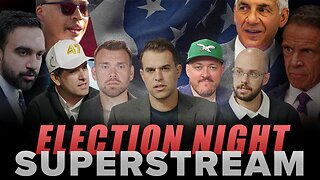 3:21:38
3:21:38
The Charlie Kirk Show
4 hours agoJUDGMENT DAY 2025: The Election Results Stream
143K67 -
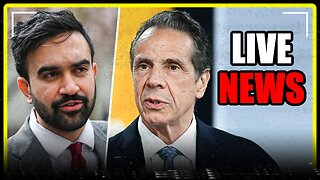 3:51:07
3:51:07
MattMorseTV
5 hours ago $0.69 earned🔴Election Day LIVE COVERAGE.🔴
67.2K38 -
 DVR
DVR
Flyover Conservatives
21 hours agoSHOCKING DATA REVEALS: Young Voters Are Done With the Old GOP - Mark Mitchell, Rasmussen Reports | FOC Show
14K12 -
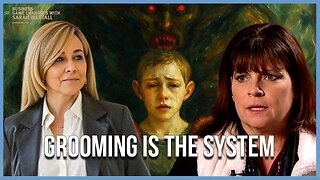 1:15:28
1:15:28
Sarah Westall
4 hours agoGrooming is Protected and Encouraged by the System – Michelle Peterson and Mike Adamovich
15.6K4 -
 LIVE
LIVE
Akademiks
2 hours agoKendrick tries to Flip the Bots on DRAKE? WHo Beats Jay z in a verzuz. Blueface finally free!
1,042 watching -
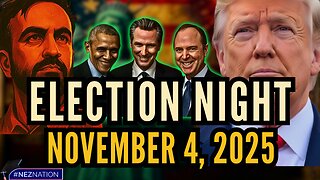 1:38:16
1:38:16
Professor Nez
8 hours ago🚨ELECTION NIGHT 2025 LIVE! Massive Upsets Brewing in New York, New Jersey & Virginia!
22.9K9 -
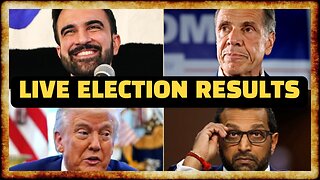 LIVE
LIVE
Due Dissidence
11 hours agoLIVE: ELECTION RESULTS From NYC, NJ, and VA - Trump Approval CRATERS, Kash's Private Jet CRASH OUT
1,078 watching -
 12:50
12:50
Demons Row
4 hours ago $0.03 earnedBikers of New Jersey 💀🏍️ Pagans, Thunder Guards, and Thug Riders
20.7K5 -
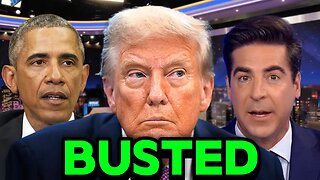 42:31
42:31
Stephen Gardner
7 hours ago🔥Old Obama Video RESURFACES - His Own Words CONDEMNED Him! Trump Gains MASSIVE Momentum!!
28.2K22 -
 13:09:35
13:09:35
LFA TV
1 day agoLIVE & BREAKING NEWS! | TUESDAY 11/4/25
173K37